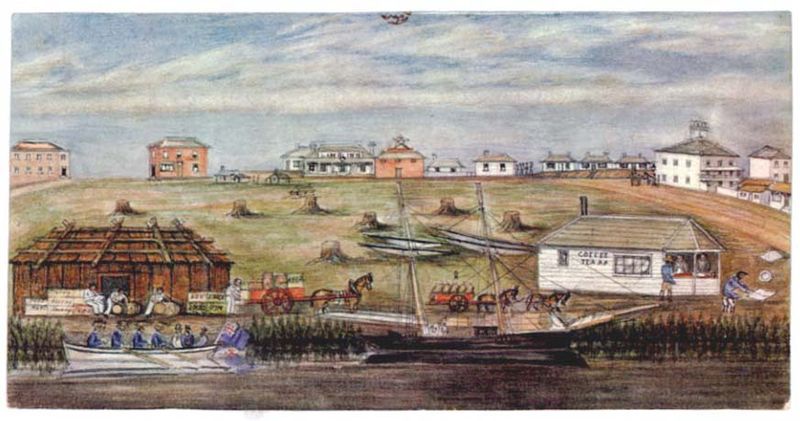God created a good world free of moral evil but yet with dangers and the possibility things could go wrong, as the entry of sin shows. As God’s representatives and image-bearers in this world humans were to fill the earth and subdue it. Through our first parents’ disobedience humanity is estranged from God, and all kinds of misery follows, including death itself and the ultimate consequence of disobedience in eternal separation from God. Yet God remains good, and judgment is his strange work (Isaiah 28:21). The account of Noah’s Flood does not focus attention on those who perished, as our newspapers do when recording modern disasters, but stresses God’s pain and grief, and his determination to not again bring such an extensive disaster (Genesis 6:6; 8:21).
God continues to send good, such as sunshine and rain, to believers and non-believers alike (Matthew 5:45; Psalm 145:9), and he even has pity on the cattle in unbelieving Ninevah (Jonah 4:11). We cannot exclude God’s involvement in so-called natural disasters. Sometimes specific judgments like the destruction of Sodom and Gomorrah come because of specific sin, but other times disasters are unrelated to specific sins (Job 1:8,16,18). We need to beware lest we pretend to know God’s purpose in any particular case. Yet we also need to recognize that cause and effect have reality. Many disasters arise from human abuse of the environment, or failure to take reasonable precautions against inherent or likely dangers.
God’s self-revelation in Scripture shows that believers are entitled to pray to him for protection and he will answer according to his perfect will. That does not mean they will always be delivered from the disaster, but faith says, ‘Although he slay me, yet will I trust him’ (Job 13:15). In reference to both barbaric acts and accidental events Jesus declined to relate them to the personal sins of those who died as if these people were worse than others (Luke 13:1-5). However, such tragedies as well as natural disasters do serve as warnings that without repentance we will all perish. Such events are characteristic of this age. They are not indicators of the imminent end of the world, but point to the perfect age to come (Matthew 24:8; Luke 21:28).
In the end we do not need to defend God’s ways. He has made abundantly clear that he is concerned for humanity, so much so that he has sent his Son into the world of sin and shame to die on the cross to redeem and save all who turn to him in repentance and faith. As Jesus had compassion on the multitudes and also wept over the stubborn unbelief of the people of Jerusalem (Matthew 23:37), so should we have compassion for those suffering in disasters and a deep desire to bring the message of salvation in Jesus to them as to all others.

Comments are closed, but trackbacks and pingbacks are open.